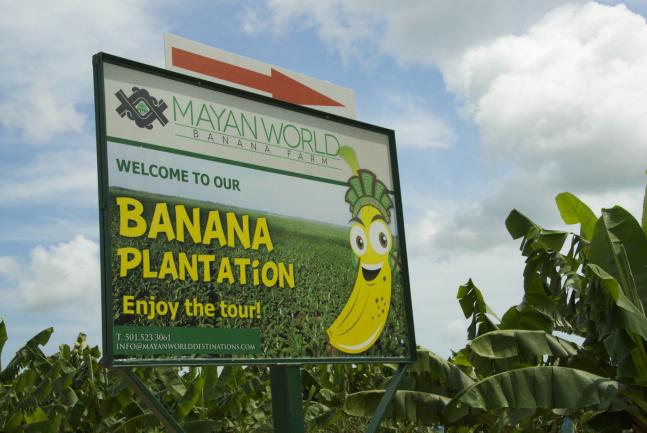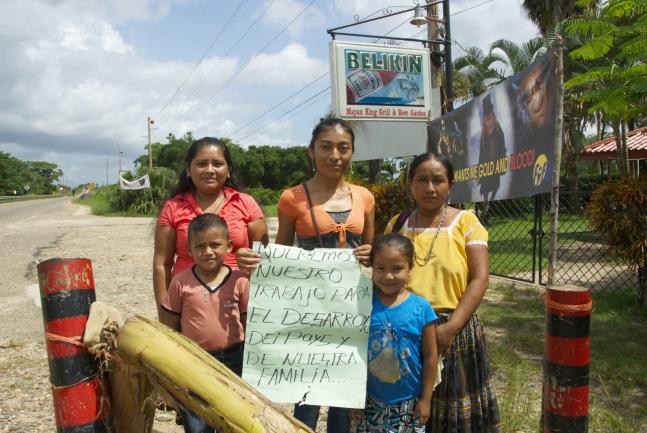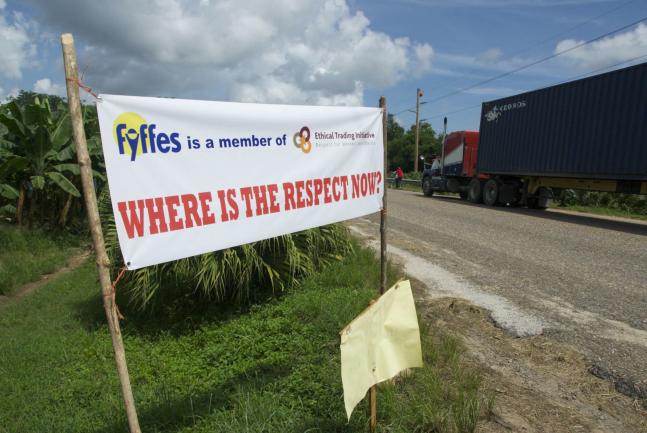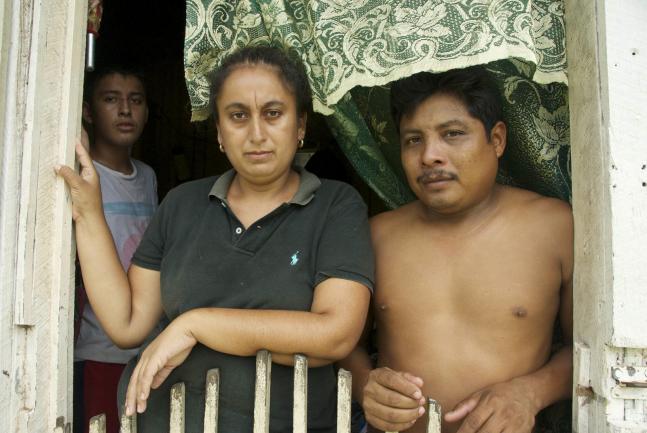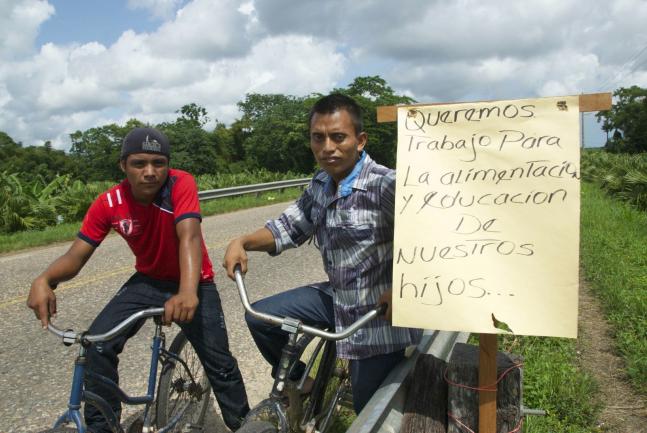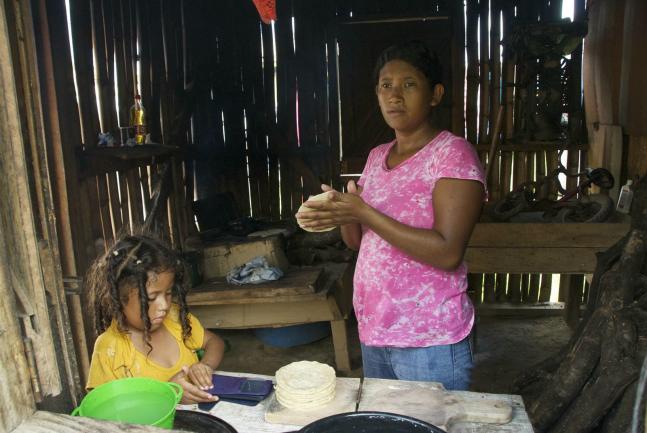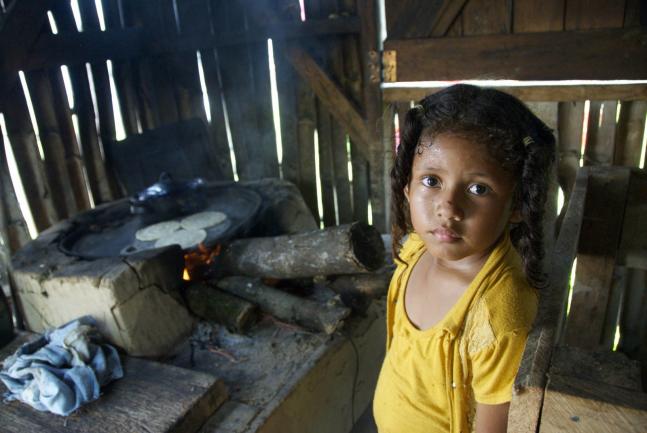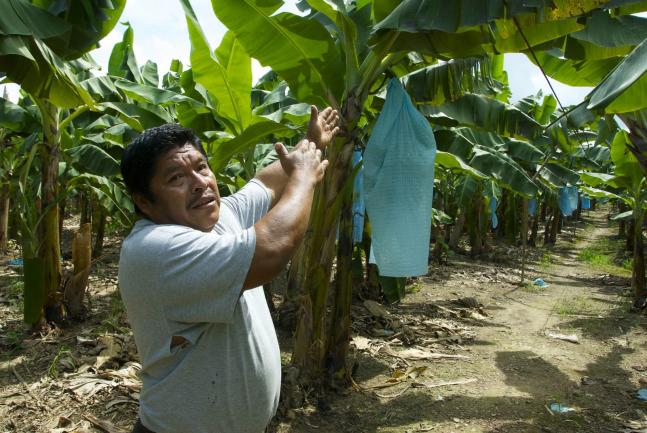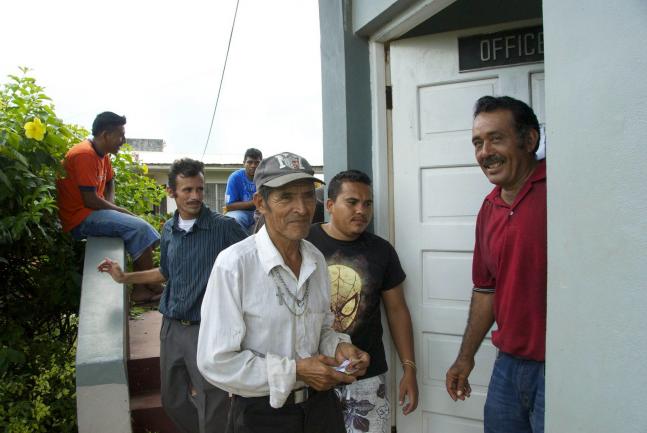Mayan King, the largest banana producer in Belize, abruptly ceased operations in October when the Irish fruit company Fyffes stopped importing Mayan King bananas due to fear of economic sanctions from the U.S. Department of the Treasury's Office of Foreign Assets Control (OFAC). In 2012, OFAC designated Mayan King owner John Zabaneh a Drug Kingpin under the Foreign Narcotics Kingpin Designation Act (Kingpin Act) for his alleged connections to Mexican fugitive drug lord Joaquin "El Chapo" Guzman and associated Colombian drug cartels.
Here are the impacts on Mayan King's former employees:



